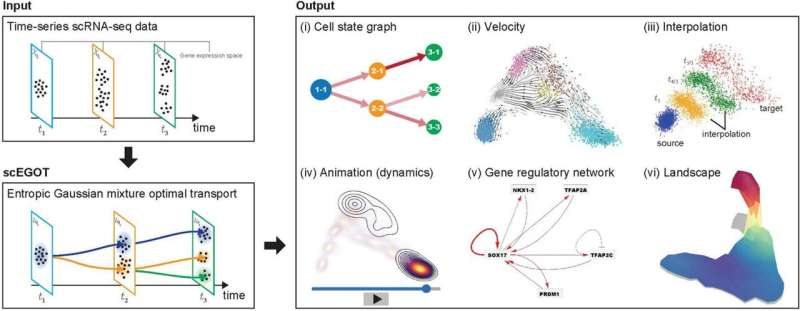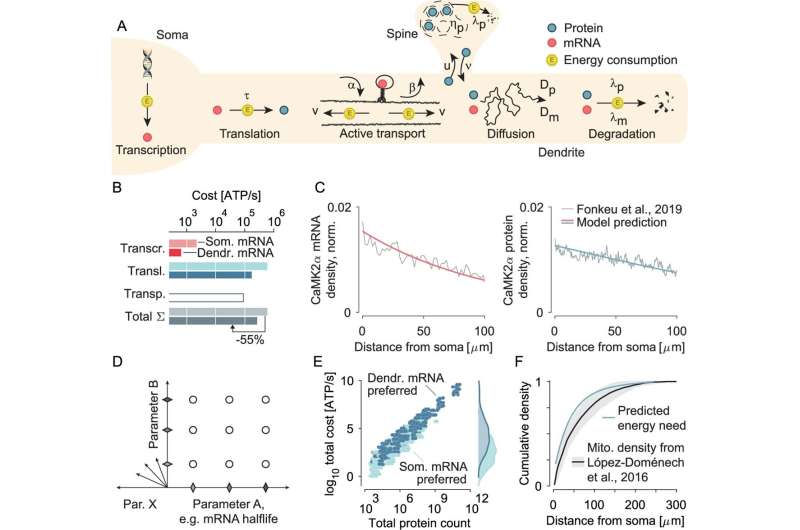Edit Content
Trending






In an age where social media promises to connect us, a Baylor University study reveals a sobering paradox—the more time we spend interacting online, the lonelier we may feel.
Researchers James A. Roberts, Ph.D., The Ben H. Williams Professor of Marketing in the Hankamer School of Business, and co-authors Philip Young, Ph.D., and Meredith David, Ph.D., analyzed a study that followed nearly 7,000 Dutch adults for nine years to understand how our digital habits shape well-being.
Published in the journal Personality and Social Psychology Bulletin, the study—”The Epidemic of Loneliness: A Nine-Year Longitudinal Study of the Impact of Passive and Active Social Media Use on Loneliness”—investigated how social media use impacts loneliness over time. This eye-opening research suggests that the very platforms designed to bring people together contribute to an “epidemic of loneliness.”
The findings showed that both passive (PSMU) and active (ASMU) social media use were associated with increased feelings of loneliness over time. While passive social media use—like browsing without interaction—predictably led to heightened loneliness, active use, involving posting and engaging with others, was also linked to increased feelings of loneliness. These results suggest that the quality of digital interactions may not fulfill the social needs that are met in face-to-face communication.
“This research underscores the complexity of social media’s impact on mental health,” said Robert. “While social media offers unprecedented access to online communities, it appears that extensive use—whether active or passive—does not alleviate feelings of loneliness and may, in fact, intensify them.”
The study also found a two-way relationship between loneliness and social media use. “It appears that a continuous feedback loop exists between the two,” Roberts, Ph.D. “Lonely people turn to social media to address their feelings, but it is possible that such social media use merely fans the flames of loneliness.”
The findings emphasize an urgent need for further research into the effects of digital interaction, underlining the essential role of in-person connections in supporting well-being. This study adds a valuable perspective to the conversation on how digital habits influence mental health, offering insights to shape future mental health initiatives, policies, and guidelines for healthier social media use.
More information:
James A. Roberts et al, The Epidemic of Loneliness: A 9-Year Longitudinal Study of the Impact of Passive and Active Social Media Use on Loneliness, Personality and Social Psychology Bulletin (2024). DOI: 10.1177/01461672241295870
Provided by
Baylor University
Citation:
Social media’s double-edged sword: Study links both active and passive use to rising loneliness (2025, February 7)
retrieved 7 February 2025
from https://phys.org/news/2025-02-social-media-edged-sword-links.html
This document is subject to copyright. Apart from any fair dealing for the purpose of private study or research, no
part may be reproduced without the written permission. The content is provided for information purposes only.
©2024. Livebuzznews. All Rights Reserved.